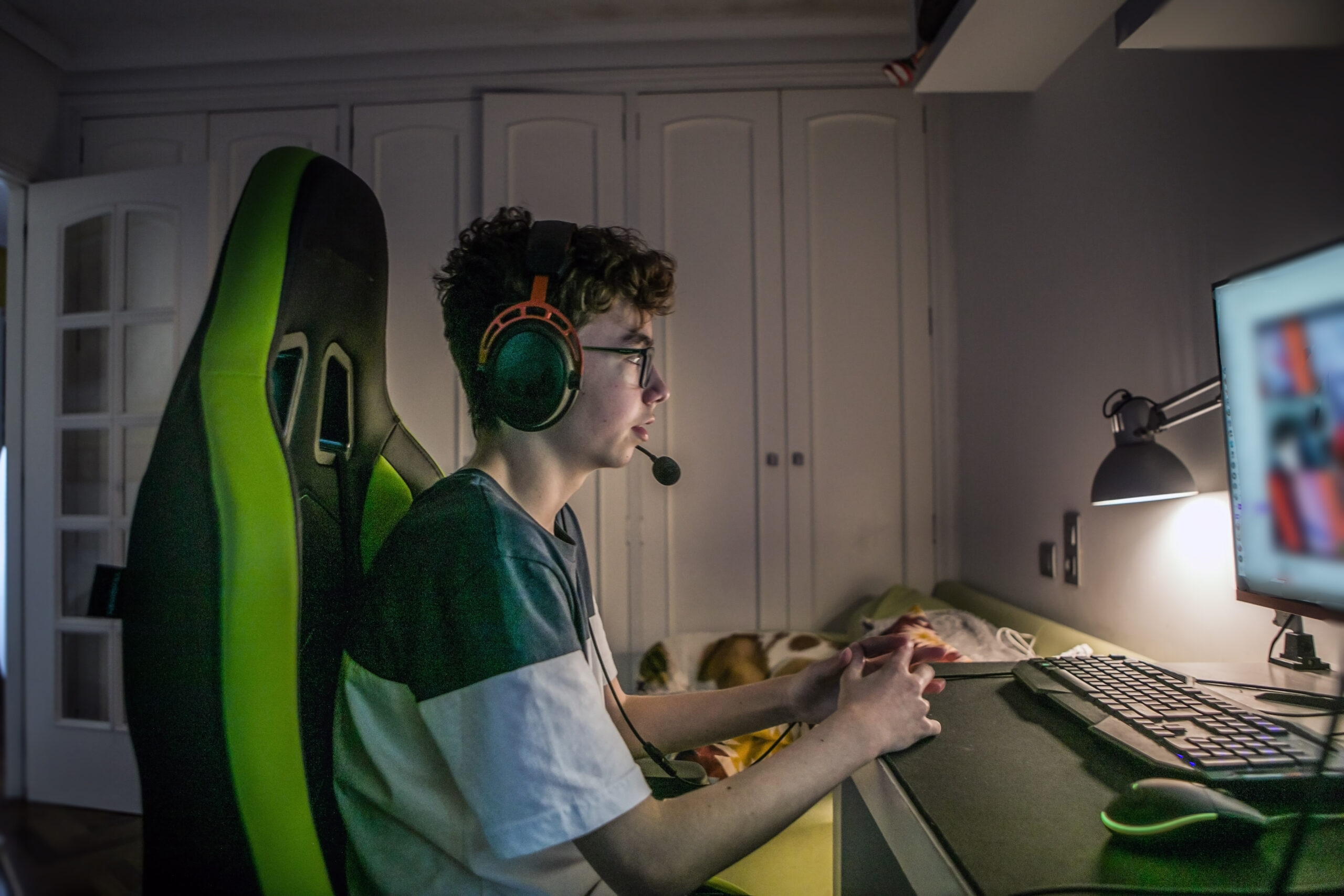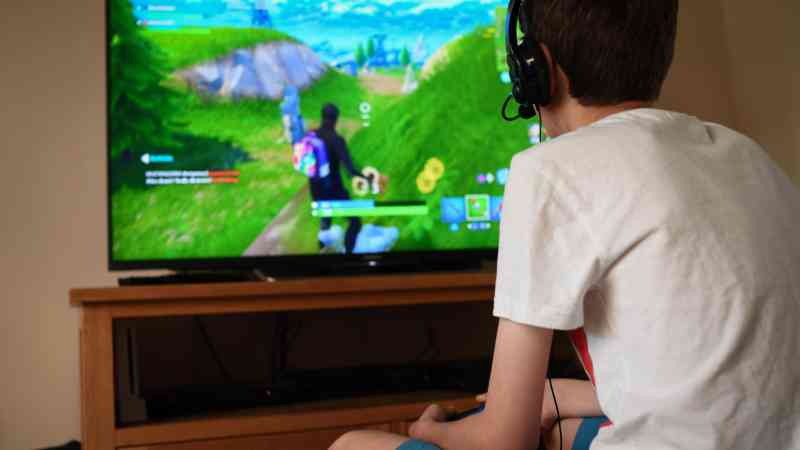RAF families use video games to speak to troops overseas
Battle-weary troops posted overseas once received heartfelt letters known as “blueys” from their loved ones back home. During the wars in Afghanistan and Iraq, millions of letters in blue envelopes were sent via the military airmail service.
Now researchers say that troops deployed outside the UK are turning to a different way of communicating with their families: video games.
Research by Anglia Ruskin University has found that RAF families are playing online games such as Fortnite and Roblox together so they can speak in real time even though they are thousands of miles apart.
The report, entitled Navigating Modern Communication, said modern internet-based communication such as online gaming and video calls was helping RAF airmen and women stay connected to their families.
Young people said they used the integrated chat and call functions built into the game or console, or spoke on separate voice calls.
However, experts said there were questions over compromised security on foreign bases, given that sensitive information might be shared on an insecure platform.
Abigail Wood, who carried out the research, said: “We have come such a long way from the satellite phone call or the blueys.” She said service people who were parents were taking a games console with them on deployments to speak to their children.

“The online gaming element allowed youngsters to share a hobby with their serving parent while spending time communicating with them. However, it does raise important questions as to whether current policies and advice for families fully consider the use of in-game chat functions and the potential risk they may pose to security,” she added.
Researchers interviewed and held focus groups with partners and children of RAF personnel, who were asked to relate their experiences of communication with their family members during periods of separation.
One child said: “Because I have an Xbox and my dad has a PlayStation, he would take his PlayStation and we’d play together. And we talked together … on the game.”
Another said they used the Snapchat app, saying: “When I knew he wasn’t working I’d send him a quick game of Battleship on Snapchat.”
Families also described how internet-based methods made it easier to communicate due to their immediacy and allowed parents to be “more flexible with timings and communicate on the go”.
They described how the immediacy made it easier to involve their serving partner in day-to-day decision-making and parenting.
However, availability of a stable internet connection as well as negotiating different time zones occasionally proved barriers. Families reported challenges such as feeling pressured by the expectation of regular communication, dilemmas around choosing how much to share about difficult situations at home, and heightened concerns for the safety of their serving loved one when communication was unexpectedly unavailable.
The research was funded by the Norfolk Armed Forces Covenant Trust Wellbeing Fund and the Royal Air Force Benevolent Fund.




Post Comment